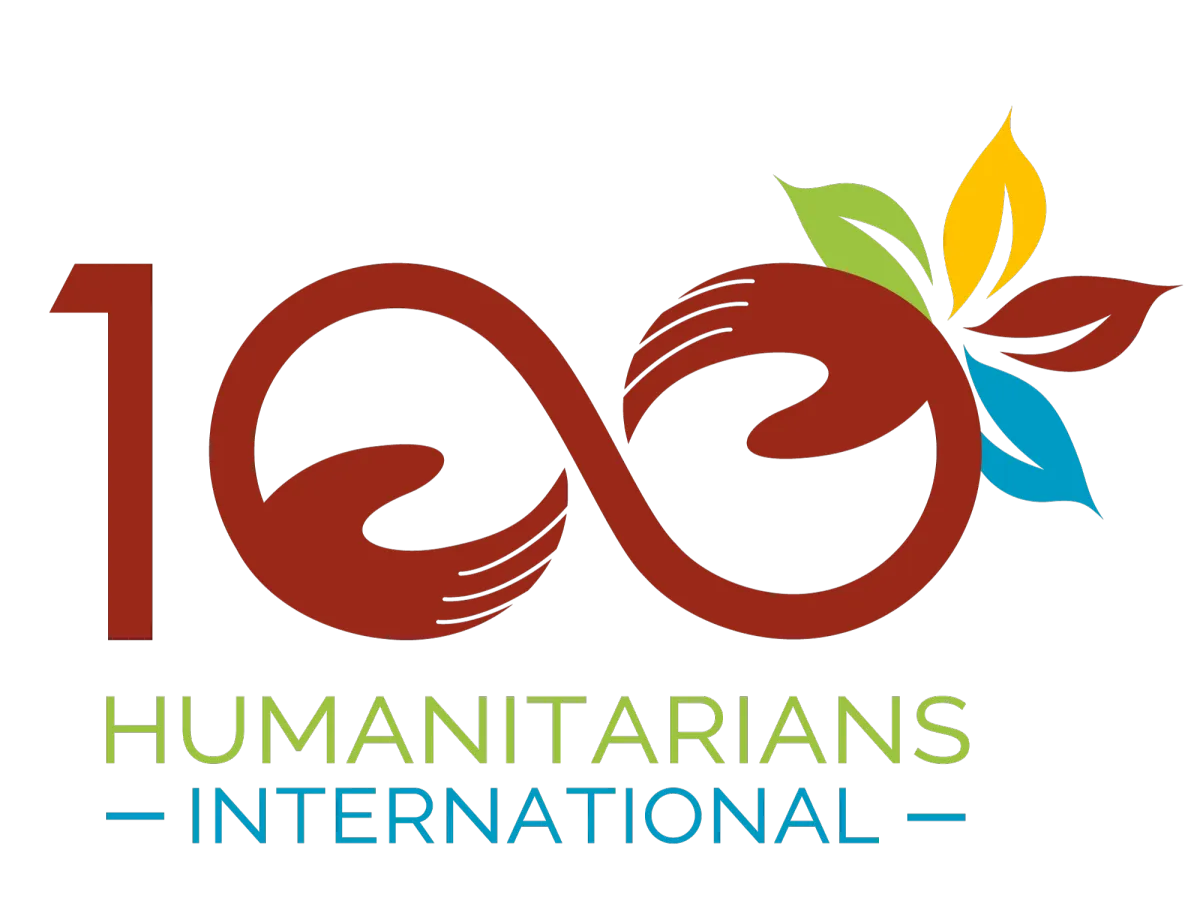Maasai Festivals and Celebrations
Maasai Festivals and Celebrations: Key Festivals and How They Are Celebrated Within the Community
The Maasai, a semi-nomadic ethnic group in Kenya and Tanzania, are renowned for their vibrant cultural traditions, including their festivals and celebrations. These events play a crucial role in reinforcing community bonds, preserving cultural heritage, and marking significant milestones in the Maasai way of life. This blog post explores key Maasai festivals and celebrations, highlighting the customs, rituals, and significance of these events within the community.
Enkipaata: Initiation into Warriorhood
Enkipaata is one of the most important festivals for the Maasai, marking the initiation of young boys into warriorhood. This rite of passage is a significant cultural milestone, transforming boys into morans (young warriors) and preparing them for their roles as protectors and leaders within the community.
The Enkipaata ceremony involves several stages, beginning with the selection of boys who are ready for initiation. These boys, typically aged between 14 and 16, undergo a period of seclusion where they receive teachings from elders about Maasai traditions, values, and responsibilities. During this time, they also participate in physical training to build their strength and endurance. The initiation culminates in a public ceremony, which includes the circumcision of the boys. This act symbolizes their transition from boyhood to manhood and is accompanied by rituals and prayers to ensure their protection and well-being. The community gathers to witness and support the initiates, reinforcing the collective identity and social cohesion.
Throughout the Enkipaata festival, traditional songs, dances, and chants play a vital role. The boys perform the adumu, also known as the "jumping dance," showcasing their strength and agility. Elders and women sing songs of encouragement and blessing, creating an atmosphere of celebration and unity. The festival concludes with a feast, where the community comes together to share food and celebrate the new morans' successful initiation.
Eunoto: Transition to Senior Warrior
Eunoto is another significant festival in Maasai culture, marking the transition of morans from junior to senior warrior status. This ceremony is essential for the continuity of the Maasai social structure, as it prepares the morans for greater responsibilities within the community.
The Eunoto ceremony involves a series of rituals that take place over several days. The morans, who have spent years proving their bravery and dedication, gather in a specially constructed manyatta (temporary village) to prepare for the transition. They undergo various cleansing and purification rituals, which symbolize their readiness to take on new roles and responsibilities. One of the key rituals of Eunoto is the shaving of the morans' heads, which signifies the shedding of their previous status and the beginning of a new phase in their lives. Elders perform this ritual, emphasizing their role in guiding and blessing the younger generation. The morans also receive new weapons and adornments, symbolizing their enhanced status and preparedness to lead and protect the community.
Throughout the Eunoto festival, traditional music and dance are integral to the celebrations. The morans perform ceremonial dances, demonstrating their strength and unity, while elders and women sing songs of blessing and encouragement. The festival concludes with a communal feast, where the entire community comes together to honor the new senior warriors and celebrate their achievements. This collective celebration reinforces the social bonds and cultural values that define Maasai society.
Olng'esherr: The Blessing Ceremony
Olng'esherr, also known as the Blessing Ceremony, is a significant Maasai festival that celebrates the blessings of livestock, particularly cattle, which are central to Maasai culture and economy. This festival is an expression of gratitude and a means of seeking continued prosperity and protection for the community's herds.
The Olng'esherr ceremony begins with the gathering of the community, including elders, warriors, women, and children. The elders lead the rituals, which involve prayers, chants, and the sprinkling of milk and herbs on the livestock. These actions symbolize the community's reverence for their cattle and their reliance on divine blessings for the well-being of their herds. During the festival, traditional songs and dances are performed, creating a vibrant and joyful atmosphere. The women play a crucial role in these celebrations, singing songs of praise and blessing for the livestock. The men participate in dances that demonstrate their agility and strength, reflecting their role as protectors of the community and its resources.
The Olng'esherr festival also includes a communal feast, where the community shares food and drinks, strengthening social bonds and fostering a sense of unity. The consumption of meat, milk, and other traditional foods during the feast highlights the centrality of livestock in Maasai life. The festival serves as a reminder of the community's interconnectedness and their collective responsibility to care for their herds and each other.
Conclusion
Maasai festivals and celebrations are vibrant expressions of the community's cultural heritage, social values, and collective identity. Events such as Enkipaata, Eunoto, and Olng'esherr play a crucial role in marking significant life transitions, reinforcing social cohesion, and seeking blessings for the community's well-being. Through these festivals, the Maasai continue to celebrate and preserve their unique cultural traditions, ensuring that their heritage remains vibrant and relevant for future generations. As the Maasai navigate the challenges of modernization, their festivals and celebrations provide a powerful means of maintaining their cultural identity and strengthening their community bonds.
Get Involved with 100 Humanitarians
Each week, we send project updates to your inbox, so that you know exactly where your donations go.
We also keep you updated on volunteer opportunities and expeditions to Kenya.

We will not sell your information to anyone, and you can opt-out at any time.

100 Humanitarians International is a 501(c)(3) nonprofit recognized by the IRS, and all donations to 100 Humanitarians International are tax-deductible in accordance with IRS regulations. EIN #82-1048388
South Jordan, Utah
801-432-0105
